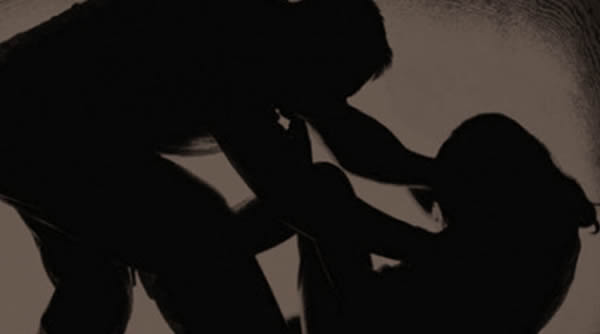According to the United Nations, one in eight girls and young women have endured rape and sexual violence before turning 18, with the highest number of victims recorded in sub-Saharan Africa.
In a groundbreaking pioneering global estimate on violence against children, United Nations Children Emergency Fund (UNICEF) revealed that 79 million women and girls- translating to one in five — in sub-Saharan African countries hit by violence and insecurity had experienced sexual violence or rape before turning 18.
A UNICEF official described the report as terrifying, describing it as depicting generations of trauma.
In Katsina State, as if to inflict an invidious imprimatur to the horrifying estimate by UNICEF, a 24-year-old man, Usman Mohammed Iyal, recently confessed to raping a 16-year-old girl at Ambassador’s Quarters Katsina State, before throwing her body into a nearby well and hurling stones after her. Thankfully, she was rescued by the police and is currently receiving medical treatment.
The girl in question was simply lucky to survive but will likely be traumatized for the rest of her life. Many victims of rape in Nigeria don’t survive their ordeal, prompting the question if anyone deserves to go like that.
Every day in Nigeria, women and girls continue to fall victim to rape with rapists seemingly lurking everywhere. At home, in the streets, in schools, and even in places of worship, rapists who are otherwise fathers, neighbors, brothers, uncles, teachers, pastors, Imams and mentors, are making women feel unsafe.
Nigeria criminalizes rape as it does other acts of violence against women. But in a country crawling with criminals, it is crucial that Nigeria punish rapists enough to deter others, that is if others can be deterred when women continue to suffer historic prejudice and now, palpable danger.
It boils down to the prejudices and pedagogies of patriarchy, the mentality, and action that reduces women to no more than property to be priced and peddled by men.
For all the noise made about gender inequality and gender justice, women largely remain without a voice in Nigeria and most of the world. Without a voice, women are largely without agency. Without agency, they are largely rendered invisible, relegated to the shadows where they are easy pickings for criminals who hide their cowardice and depravity under carefully folded wraps of masculinity and patriarchal privilege.
Amid the viciousness of these attacks against women and girls in Nigeria, and around the world, one thing is clear: Nigeria can do and should do more to protect women who remain exposed on every flank.
Rape is a cultural disaster that seeks to disappear women. In traumatizing women and reducing them to no more than doormats for men, rape seeks to silence women.
To counter the viciousness of the rape culture, prison bars are as insufficient as toothless legislations and a ponderous legal system. To counter rape, Nigeria needs gender justice, the kind that steadfastly emphasizes gender equality as a way of building a better, and more balanced society.
It is about including women and shattering the culture of silence.
Rape aims to silence and subjugate women, to disappear them completely in a world that is already chaotically patriarchal. To counter it, women deserve to be seen and heard as the country navigates its many complexities.
A society without rape is one where women are seen not as victims of patriarchy but as equal partners in the business of nation-building.
When women are unsafe, it is everyone who is unsafe. The government which in its male dominance is showing the grotesque face of patriarchy can do much by upholding the national gender policy.
Getting women into more decision-making positions will strategically reverse years of invisibility. It can serve as the most powerful pushback yet against the cultural and societal forces that fuel the rape culture.
It can also shatter the culture of silence and stigma imposed by society on being a woman. Furthermore, it can be a public re-education, resetting the mindsets of many would-be rapists before they mature. Crucially, it can give the nightingale back her song and encourage her to call out society’s problems as well as its predators.
Ike Willie-Nwobu,



